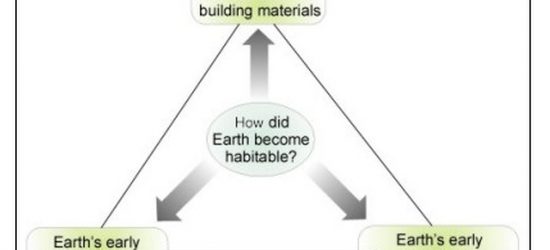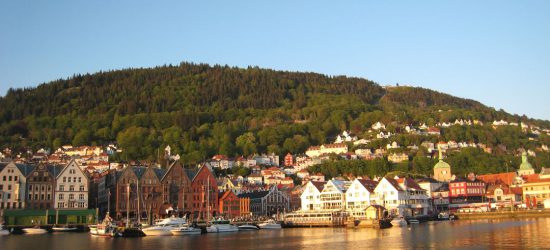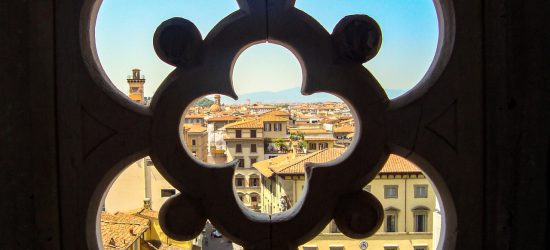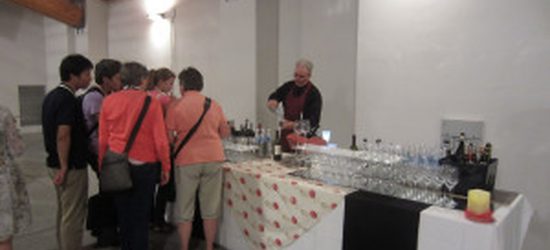
Making Habitability a Priority
November has been a big month for big European science projects, after the successful landing of Philae probe on Comet 67P/Churyumov–Gerasimenko. But Cologne, Germany is now home to more than the Rose

Elizabeth D. Swanner is a geobiologist and geochemist interested in the co-evolution of life and Earth’s surface environment. Her current work focuses on microbial pathways involved in the mineralization of redox-active transition metals and what their presence in the rock record tells us about the redox state of ancient aqueous environments. Betsy, as she is known to friends and colleagues, received her PhD from the University of Colorado, Boulder. She currently resides in southwestern Germany with her husband (and travel companion), and is a postdoctoral fellow in the research groups of Geomicrobiology and Isotope Geochemistry at the University of Tübingen.

November has been a big month for big European science projects, after the successful landing of Philae probe on Comet 67P/Churyumov–Gerasimenko. But Cologne, Germany is now home to more than the Rose

Last week, the clouds cleared and nearly 100 scientists from six continents descended on rainy Bergen, Norway to share their perspective on the broad topic of life in the universe

The city of Florence is intimately tied to the Renaissance, when innovations in thinking and art drove Europe out of the dark ages intellectually, artistically and culturally

There is no lack of science occurring during official sessions this week at the Fortezza da Bosso, but much of what we get from being at a conference is the opportunity to connect informally to other